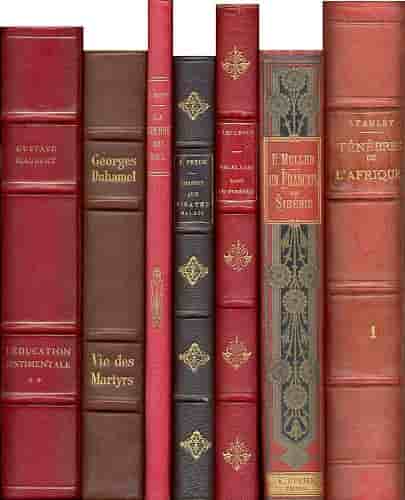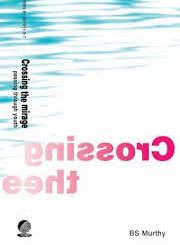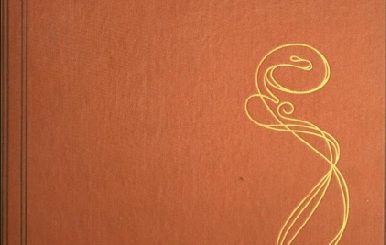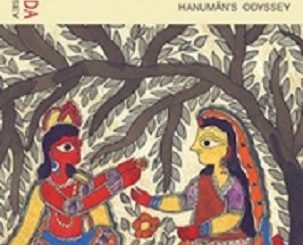25 Free Online Classics Books Everyone Should Read
This is a must-read list of most important classics works of literature :
- Madame Bovary by Gustave Flaubert: French bourgeois life in all of its soul-crushing triviality is explored through the character of Emma Bovary in this novel.
- The Adventures of Tom Sawyer by Mark Twain: This well-loved novel follows the hi jinks of young Tom Sawyer, full of humor, adventure and fun.
- Moby Dick by Herman Melville: Follow along with this book as Captain Ahab tracks down his arch-nemesis the legendary white whale.
- The Canterbury Tales by Geoffrey Chaucer: Pilgrimages were a major part of medieval life and you can enjoy several different perspectives as Chaucer’s characters travel to Canterbury Cathedral.
- Crime and Punishment by Fyodor Dostoevsky: Is murder ever justified? This novel explores through its main character the student Raskolnikov.
- The Hunchback of Notre Dame by Victor Hugo: Full of tragic characters, this novel explores life from its beauty to its horror.
- 20,000 Leagues Under the Sea by Jules Verne: This sci-fi novel is full of adventure as a group of sailors try to track down a deadly sea monster.
- Pride and Prejudice by Jane Austen: This story explores the many difficulties associated with marriage and morality in 18th century England.
- Jane Eyre by Charlotte Bronte: Jane Eyre follows Jane, an orphan, throughout her life providing readers with a compelling story full of love, social criticisms and many elements characteristic of the Gothic novel.
- A Tale of Two Cities by Charles Dickens: Get a more personalized tale of life during the French Revolution as the monarchy is replaced by a regime responsible for terror and numerous executions.
- War and Peace by Leo Tolstoy: Many know little of this novel other than that its long, but the story takes readers through the impact of the Napoleonic invasion of Russia through a vast and varied cast of characters.
- The Count of Monte Cristo by Alexandre Dumas: Treachery and lost love form the basis for this novel by Three Musketeers author Dumas.
- Heart of Darkness by Joseph Conrad: This novella takes readers to the depths of the Congo to find the mysterious Kurtz, along the way exploring ideas of imperialism.
- Ulysses by James Joyce: The classical Modernist novel, Ulysses follows the story of the Odyssey through stream of consciousness writing that’s been called everything from brilliant to obscene.
- Siddhartha by Herman Hesse: This novel parallels the life of the Buddha, employing Eastern philosophy in a beautiful and poignant tale of a quest for enlightenment.
- Dr. Jekyll and Mr. Hyde by Robert Louis Stevenson: Readers will be familiar with the title character in this novel who leads a double life as the unpredictable Mr. Hyde.
- This Side of Paradise by F. Scott Fitzgerald: Set in the years following WWI, this book explores the life of Princeton student Amory Blaine as he struggles with greed, morality, status and more.
- The Time Machine by H.G. Wells: When the Victorian scientist at the center of this story propels himself forward in time he discovers a world that may not be all that it’s cracked up to be.
- Uncle Tom’s Cabin by Harriet Beecher Stowe: This abolitionist novel helped fuel the movement towards the end of slavery in the United States.
- Little Women by Louise May Alcott: Follow along with the young women in this novel who come of age in this 19th century setting.
- Metamorphosis by Franz Kafka: The Metamorphosis is one of Kafka’s most famous short stories, transforming traveling salesman Gregor into a horrifying cockroach.
- Don Quixote by Cervantes: This famous Spanish novel follows the often absurd travels of Don Quixote and his faithful squire Sancho Panza.
- The Devil’s Dictionary by Ambrose Bierce: Originally published in a magazine, this collection of definitions is entertaining, enlightening and controversial.
- Dracula by Bram Stoker: With all the hubbub about vampires these days why not read the classic vampire novel about the most famous vampire of them all?
- The Turn of the Screw by Henry James: This psychological short story will have readers questioning their own judgment about what’s real and what’s imagined.









